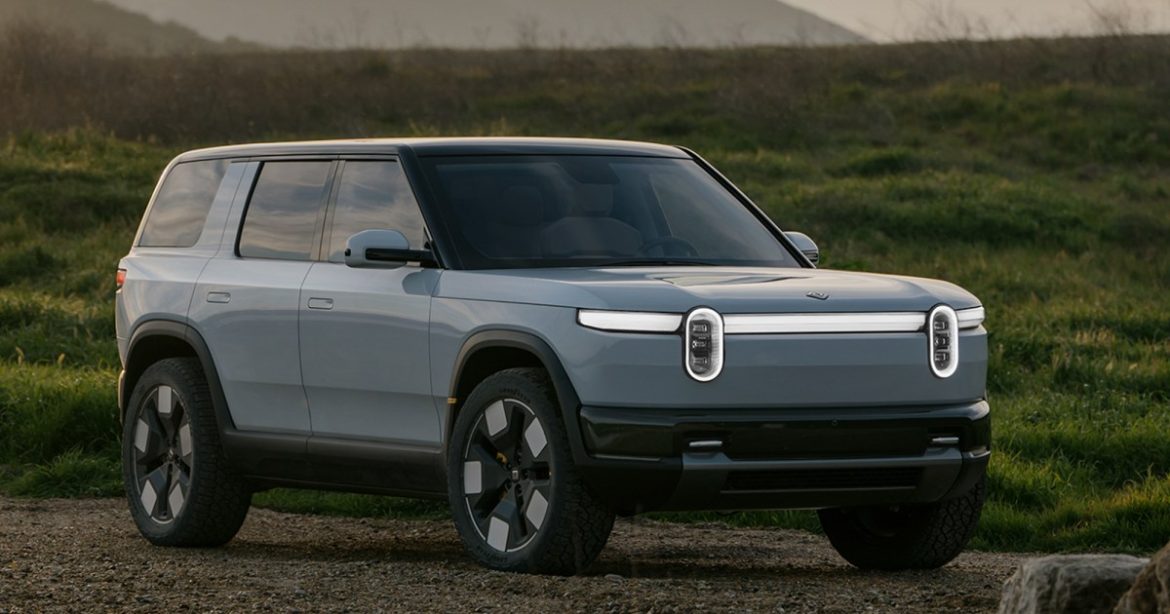The Rivian R2, the EV maker’s much-anticipated affordable electric SUV, will be powered by U.S.-made batteries promising to store six times as much energy as those currently used.
South Korea’s LG Energy Solutions announced it will be supplying LG’s 4695 cylindrical batteries to Rivian as part of a five-year agreement.
Within the first year of production, the batteries will be manufactured at LG’s standalone plant in Arizona before being delivered to Rivian’s Normal, Illinois, plant for use in the R2 model, the company said in a statement. Both LG and Rivian reaffirmed their commitment to the Biden administration’s Inflation Reduction Act (IRA). Under the IRA, EVs whose key components are made in the U.S. are eligible for a $7,500 tax incentive upon purchase or signing of a lease agreement.
-
Rivian R2 compact SUV: everything you need to know
-
Rivian R1S vs. Kia EV9: Is the more expensive electric SUV really better?
The larger size of LG’s 4695 cylindrical battery promises to offer both long range and a high level of safety, while featuring six times the capacity of existing 2170 cylindrical batteries, LG says.
The LG battery also aligns well with Rivian’s plans to reduce its manufacturing costs, and will help keep the R2 on track to be the EV maker’s most affordable mass-market model. Rivian said it expects the battery pack assembly processing to improve by approximately 45% compared to the R1’s platform.
Earlier this year, Rivian made the R2 available for preorders with scheduled deliveries due to start in the first half of 2026. With a starting price of $45,000, the R2 is being promoted by Rivian as its first truly accessible EV model, comparable to Tesla’s “Model 3 moment”. Pricewise, however, it’s competing with the likes of the Tesla Model Y and the Hyundai Ioniq 5.
The R2 promises acceleration of 0 to 60 mph in under 3 seconds and an estimated range of over 300 miles. It’s packed with technology allowing for automated driving and also carries uncommon features, such as a rear window that folds down to provide an “open-air experience”.Could extended range EVs be commonplace? Experts think so




